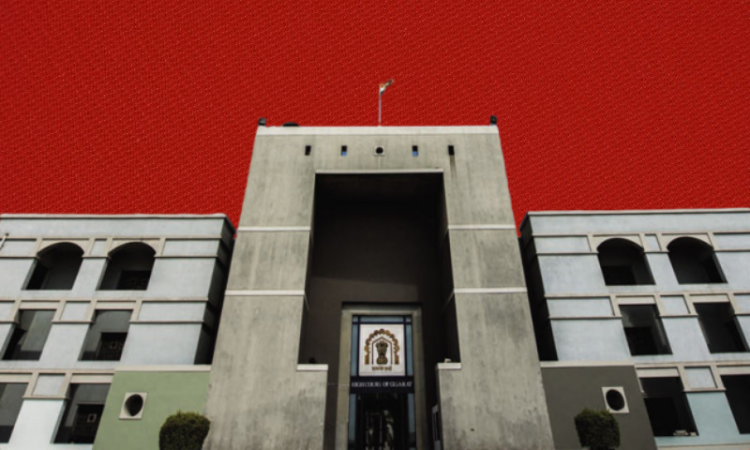Reassessment On Suspicion To Enquire Further Is Unsustainable: Gujarat High Court
Bhavya Singh
23 Nov 2023 3:30 PM IST

Next Story
23 Nov 2023 3:30 PM IST
The Gujarat High Court has delivered a significant ruling, asserting that reassessment on suspicion for making further inquiry is unsustainable under section 148 of the Income Tax Act.The division bench of Justices Biren Vaishnav and Bhargav D Karia observed, “The reassessment was also therefore based on suspicion. As pointed out by learned Senior Counsel Mr.Hemani, that factors that...
